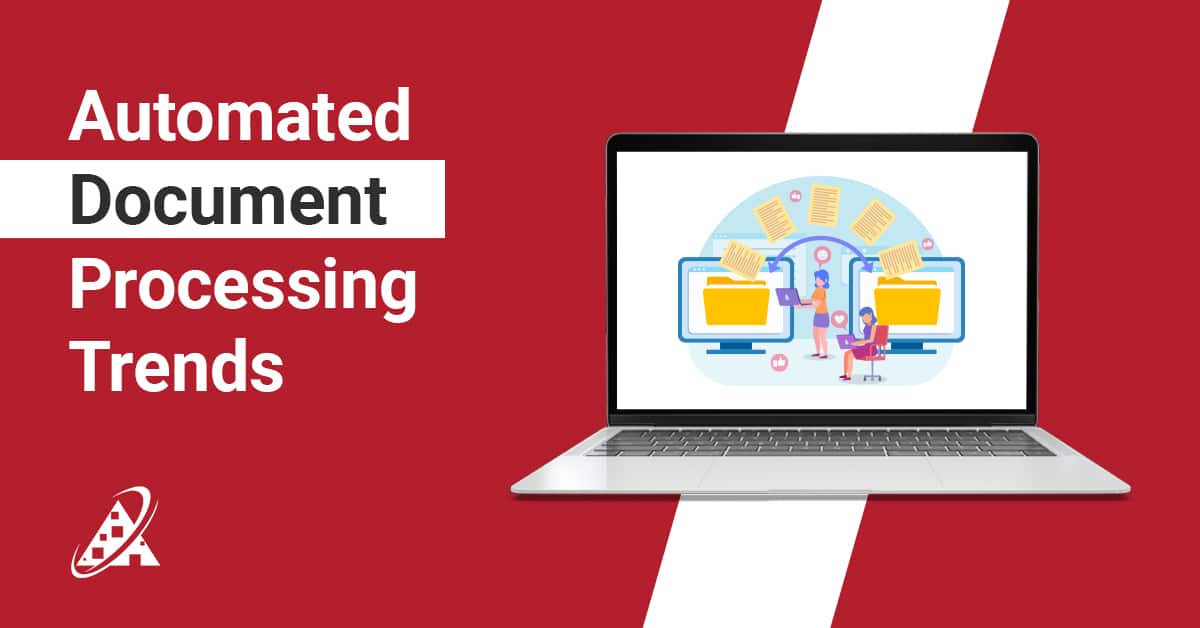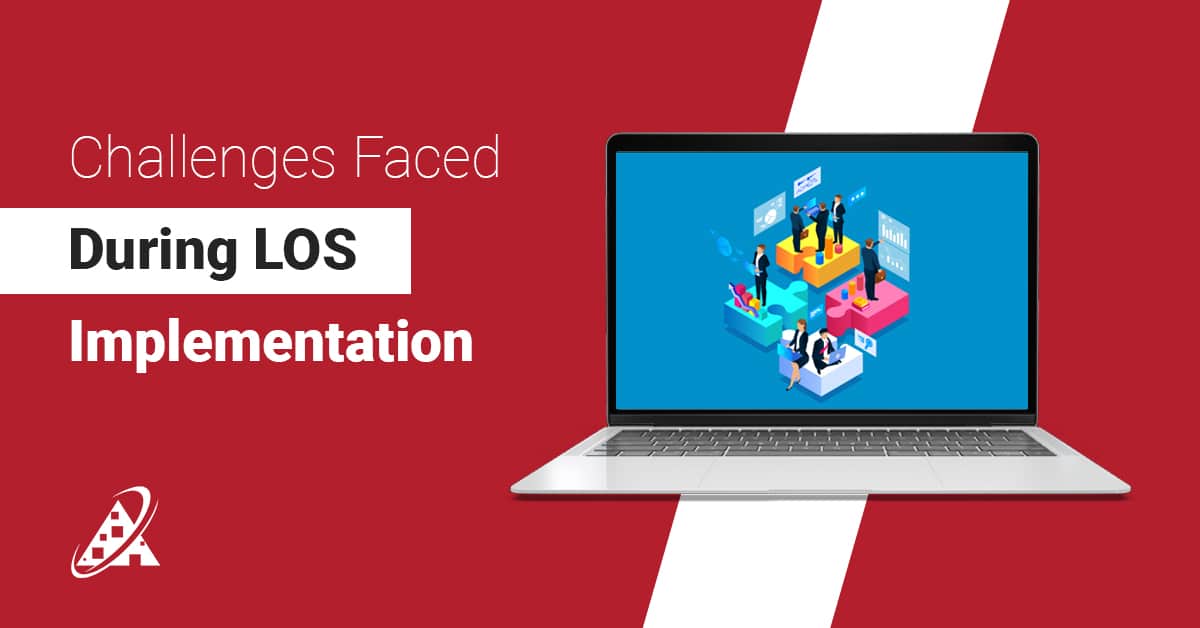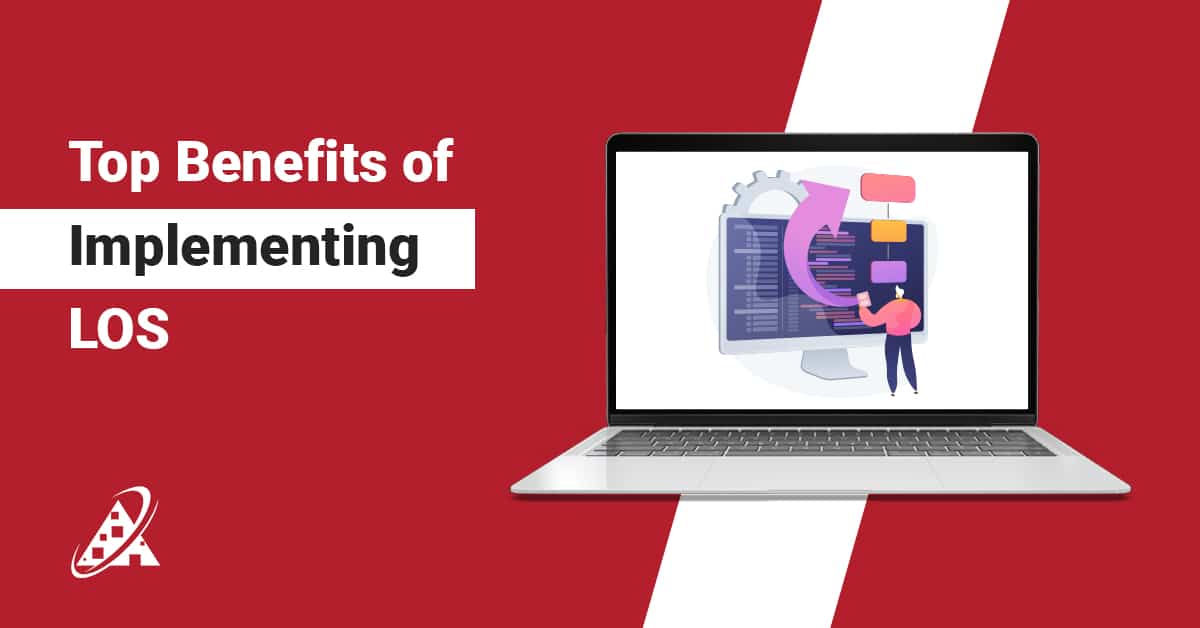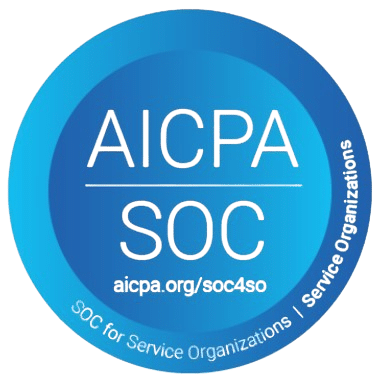- Introduction to ITIN Loans
- Who Needs ITIN Loans?
- Types of ITIN Loans
- Requirements for ITIN Loans
- Benefits of ITIN Loans
- Challenges and Considerations
- Building Credit with ITIN Loans
- ITIN Loan Application Process
- Choosing the Right Lender
- Conclusion
Introduction to ITIN Loans
A significant number of people in the United States don’t possess the standard Social Security Numbers (SSNs), which are typically required for various financial transactions. This group includes non-U.S. residents, immigrants, and individuals without legal immigration status. They often face financial challenges when trying to get loans, credit cards, or mortgages.
This is where the concept of ITIN loans comes into play. ITIN, which stands for Individual Taxpayer Identification Number, is a unique identifier issued by the Internal Revenue Service (IRS) to individuals who are required to pay taxes but are not eligible for an SSN. While its primary purpose is to ensure tax compliance, the ITIN has also opened doors to financial inclusion, allowing those without SSNs to access various financial services.
ITIN loans, as the name suggests, are financial products designed specifically for individuals who possess an ITIN rather than an SSN. These loans cater to the unique needs of this segment of the population, providing opportunities for them to secure funding for various purposes, such as purchasing a home, financing a vehicle, starting or expanding a business, or even covering personal expenses.
In this article, we will delve deeper into the world of ITIN loans, exploring their significance, the individuals who benefit from them, the different types of ITIN loans available, the application process, eligibility requirements, and the challenges and advantages associated with these financial products. We will also address how ITIN loans can play a pivotal role in building credit and financial stability, thereby improving the economic well-being of countless individuals who may otherwise be excluded from traditional financial services.
Who Needs ITIN Loans?
ITIN loans serve as a financial lifeline for a specific and often underserved demographic in the United States. The target audience for ITIN loans primarily includes the following groups of individuals:
- Non-U.S. Residents: Many individuals living in the United States may not have legal permanent resident status or citizenship. These non-U.S. residents, which can include temporary visa holders, students, and individuals seeking asylum or refugee status, often lack a Social Security Number (SSN) due to their immigration status. ITIN loans provide them with access to essential financial resources, enabling them to achieve personal and financial goals.
- Immigrants: Immigrants who have recently arrived in the U.S. and are in the process of obtaining legal status or citizenship may not yet have SSNs. ITIN loans can be instrumental in helping them establish themselves in their new home by facilitating access to credit, housing, and business opportunities.
- Individuals Without a Social Security Number: Beyond non-U.S. residents and immigrants, there are U.S. citizens and residents who, for various reasons, do not possess an SSN. This may include people who are not old enough to qualify for an SSN, those who have never applied for one, or individuals who simply do not meet the criteria for SSN issuance. ITIN loans offer this group a pathway to engage in the financial system.
The common thread among these groups is the absence of an SSN, which can be a significant barrier to accessing traditional financial services. ITIN loans are tailored to meet the unique needs and circumstances of these individuals, enabling them to borrow money, purchase homes, establish or expand businesses, and take control of their financial futures.
By providing access to ITIN loans, financial institutions and lenders are not only supporting the financial aspirations of these individuals but also contributing to the economic well-being of communities and the nation as a whole. These loans empower those who might otherwise face exclusion from the financial mainstream, fostering financial inclusion and diversity in the United States.
Types of ITIN Loans
ITIN loans come in various forms, each tailored to different financial needs and goals of ITIN holders. Here are some of the most common types of ITIN loans available:
- ITIN Mortgage Loans:
These loans are designed to help ITIN holders purchase homes. They often require a downpayment and may have varying interest rates and terms. ITIN mortgage loans can be crucial for achieving homeownership, a significant milestone for many families.
- ITIN Personal Loans:
Personal loans for ITIN holders are unsecured loans that can be used for a wide range of purposes, such as debt consolidation, medical expenses, education, or home improvements. These loans typically have fixed or variable interest rates and terms that vary based on the lender.
- ITIN Auto Loans:
ITIN auto loans enable individuals to finance the purchase of a vehicle. These loans can be used to buy new or used cars and often require a down payment. The terms and interest rates for ITIN auto loans depend on factors like credit history, income, and the type of vehicle being purchased.
- ITIN Business Loans:
ITIN business loans are tailored to aspiring entrepreneurs and small business owners who may not have an SSN. These loans can be used for business start-up costs, working capital, equipment purchase, or expansion. They come in various forms, including lines of credit, term loans, and SBA (Small Business Administration) loans for ITIN holders.
- ITIN Credit Cards:
While not a traditional loan, ITIN credit cards offer revolving credit to cardholders. They can help build a credit history, which is essential for accessing other types of financial products. ITIN credit cards may come with varying credit limits, fees, and interest rates.
- ITIN Student Loans:
These loans are designed to help ITIN holders pursue higher education in the United States. They can cover tuition, books, and living expenses. ITIN student loans often have different eligibility criteria and application processes compared to loans available to U.S. citizens.
- ITIN Payday Loans and Installment Loans:
These short-term loans provide quick access to cash for ITIN holders facing unexpected expenses. Payday loans are typically due on the borrower’s next payday, while installment loans allow for repayment over a series of scheduled payments.
- ITIN Home Equity Loans:
ITIN home equity loans allow homeowners to borrow against the equity in their homes. These loans can be used for purposes such as home improvements, debt consolidation, or other significant expenses.
- ITIN Lines of Credit:
ITIN holders may be eligible for lines of credit, which provide flexibility in borrowing money as needed, up to a predetermined credit limit. They are often used for business or personal needs.
- Microloans for ITIN Holders:
Some lenders offer microloans to ITIN holders, which are small, short-term loans commonly used for business purposes, including covering operating expenses and inventory.
It’s important to note that the availability, terms, and interest rates of ITIN loans can vary among lenders, so individuals should research and compare their options to find the best fit for their specific needs. Additionally, some ITIN loans may require collateral or co-signers, depending on the lender’s policies and the borrower’s creditworthiness.
Requirements for ITIN Loans
Obtaining an ITIN loan is an accessible option for individuals without a Social Security Number (SSN), but there are still specific eligibility criteria that applicants must meet. The requirements can vary somewhat depending on the type of ITIN loan and the lender. Here are the common eligibility criteria for ITIN loans:
- Possession of a Valid ITIN:
The most fundamental requirement is that the applicant must have a valid Individual Taxpayer Identification Number (ITIN) issued by the Internal Revenue Service (IRS). This number serves as the primary identifier for tax purposes and is essential for all ITIN loan applications.
- Proof of Identity and Address:
Lenders typically require applicants to provide valid identification, such as a government-issued photo ID (e.g., passport, consular ID) and proof of address (e.g., utility bill or lease agreement).
- Verifiable Income:
Applicants must demonstrate their ability to repay the loan. Lenders may require proof of income, which can include pay stubs, bank statements, tax returns, or other financial documents. The income requirements can vary depending on the lender and the type of loan.
- Credit Score and History:
While some ITIN loans are available to individuals with limited or no credit history, others may require a minimum credit score. The specific credit score requirement varies by lender and loan type. Individuals with lower credit scores may still be eligible for certain ITIN loans but might face higher interest rates.
- Employment Status:
Lenders often consider the applicant’s employment status and history. Steady employment and a reliable source of income can improve the chances of loan approval.
- Down Payment (for certain loans):
Some ITIN loans, especially ITIN mortgage loans and auto loans, may require a down payment. The down payment amount can vary based on factors like the loan amount, the type of asset being financed, and the lender’s policies.
- Proof of Residency or Legal Presence (for immigrants):
Immigrant applicants may be required to provide documentation related to their legal presence in the United States. This can include visa information or other legal immigration documents.
- Co-signer or Collateral (if needed):
In cases where an applicant’s credit history or income is insufficient to meet the lender’s requirements, some lenders may accept a co-signer or require collateral to secure the loan.
- Loan-Specific Requirements:
Different types of ITIN loans may have unique requirements. For example, ITIN mortgage loans may have additional documentation and criteria, such as specific down payment requirements, homebuyer education courses, and debt-to-income ratios.
It’s essential for potential borrowers to check with various lenders to understand their specific eligibility criteria and requirements, as they can vary significantly. Additionally, being prepared with the necessary documentation and demonstrating a stable financial situation can improve the likelihood of approval for an ITIN loan.
Benefits of ITIN Loans
ITIN loans offer a range of advantages to individuals who might otherwise face financial exclusion due to the lack of a Social Security Number (SSN). Here are some key benefits of ITIN loans:
- Building and Establishing Credit:
One of the most significant advantages of ITIN loans is the opportunity to build and establish credit. Making timely payments on ITIN loans can contribute to the development of a positive credit history, which is crucial for accessing a broader array of financial services, including credit cards, traditional loans, and favorable interest rates.
- Homeownership:
ITIN mortgage loans make homeownership attainable for individuals without an SSN. This allows families to invest in real estate, build equity, and achieve the stability and financial security that homeownership can provide.
- Business Opportunities:
ITIN business loans support aspiring entrepreneurs and small business owners by providing the necessary capital for business start-ups, expansions, equipment purchases, and working capital needs. This can lead to job creation and economic growth in local communities.
- Personal Finance Goals:
ITIN personal loans offer individuals the flexibility to pursue personal financial goals, such as debt consolidation, education, medical expenses, or home improvements, without requiring an SSN.
- Diverse Financial Inclusion:
ITIN loans contribute to diverse financial inclusion, ensuring that a broader cross-section of the population can participate in the U.S. financial system. This promotes economic diversity and resilience.
- Access to Affordable Transportation:
ITIN auto loans allow individuals to secure financing for vehicles, providing them with reliable and affordable transportation options, which are often essential for work, education, and daily life.
- Legal Compliance:
By using an ITIN to apply for loans, individuals ensure compliance with U.S. tax laws, as these loans are issued based on their taxpaying status.
Challenges and Considerations
While ITIN loans offer numerous advantages, there are also some challenges and considerations to keep in mind when applying for these loans:
- Interest Rates:
Interest rates on ITIN loans can be higher compared to loans offered to individuals with established credit histories. This is due to the increased risk associated with lending to individuals with limited or no credit history.
- Terms and Conditions:
The terms and conditions of ITIN loans may not be as favorable as those for borrowers with strong credit. This can include shorter repayment terms, higher monthly payments, and more stringent requirements.
- Documentation Requirements:
Applicants for ITIN loans must provide specific documentation, which can be more extensive and time-consuming than traditional loan applications. This can include tax returns, proof of income, identification, and other paperwork.
- Limited Lender Options:
ITIN loans may be offered by a more limited pool of lenders compared to conventional loans, making it essential for applicants to research and compare their options.
- Down Payments:
Some ITIN loans, such as ITIN mortgages, may require substantial down payments, which can be a challenge for individuals with limited savings.
- Co-signers and Collateral:
In cases where an applicant’s creditworthiness is insufficient, they may need a co-signer or collateral to secure the loan, which can be challenging to find or provide.
- Variable Loan Terms:
The terms and conditions of ITIN loans can vary significantly from one lender to another, so applicants need to carefully review and understand the loan terms before proceeding.
Despite these challenges and considerations, ITIN loans remain a vital financial tool for those who do not have an SSN, providing a gateway to credit, homeownership, business opportunities, and economic empowerment. Applicants can improve their prospects by carefully assessing their financial situation and shopping around for the most favorable loan terms available to them.
Building Credit with ITIN Loans
Establishing and improving credit history is a crucial financial goal, as it can significantly impact your ability to access affordable loans and credit cards in the future. ITIN loans can serve as a valuable tool for building credit, even if you don’t have a Social Security Number. Here’s how:
On-Time Payments: The most essential aspect of building credit with ITIN loans is making consistent, on-time payments. This demonstrates your responsibility as a borrower and positively affects your credit score.
Diversifying Credit: By taking out different types of ITIN loans, such as personal loans and credit cards, you can diversify your credit profile. A diverse credit mix can be more favorable for your credit score.
Credit Reporting: It’s crucial to ensure that your lender reports your payment history to the major credit bureaus (Experian, Equifax, and TransUnion). Regular reporting is vital for your credit history to be recognized.
Maintaining Low Credit Utilization: If you have an ITIN credit card, strive to maintain a low credit utilization rate, which means not using the entire credit limit. This demonstrates responsible credit management.
Long-Term Perspective: Building credit with ITIN loans may take time. Patience and consistency are key. Over time, your credit score will improve, opening doors to more favorable financial opportunities.
Credit Monitoring: Regularly monitor your credit report to check for errors and ensure that your ITIN loan payments are reported accurately. Correct any discrepancies promptly.
ITIN Loan Application Process
Applying for an ITIN loan involves several steps, similar to applying for other types of loans. Here’s a general overview of the process:
Prepare Necessary Documentation:
Gather the required documentation, which typically includes your ITIN, proof of identity (e.g., passport or consular ID), proof of income (e.g., pay stubs, tax returns, or bank statements), and proof of address.
Research Lenders:
Research and compare lenders that offer ITIN loans. Look for those specializing in serving individuals without SSNs. Read reviews and check their loan terms and requirements.
Complete the Loan Application:
Fill out the loan application provided by your chosen lender. Provide accurate information about your financial situation and loan needs.
Submit Documentation:
Submit the required documentation along with your application. Lenders will use this information to assess your eligibility and creditworthiness.
Underwriting and Approval:
The lender will review your application and documentation to determine your eligibility and assess the terms of the loan, including interest rates and repayment terms.
Loan Approval and Funding:
If your application is approved, you’ll receive an offer outlining the loan terms. Carefully review the terms, and if you agree, sign the loan agreement. The funds will then be disbursed to you.
Loan Repayment:
Make regular, on-time payments according to the terms of the loan. This is a critical step in building credit and ensuring a positive loan experience.
Choosing the Right Lender
Selecting the right lender is essential for a successful ITIN loan experience. Here are some tips for choosing a reputable lender specializing in ITIN loans:
Research Multiple Lenders: Don’t settle for the first lender you come across. Research and compare multiple lenders to find the one that offers the best terms, interest rates, and customer service.
Check Lender’s Reputation: Look for reviews and feedback from previous borrowers. A reputable lender should have positive customer reviews and a strong track record.
Transparency: Choose a lender that is transparent about its loan terms, fees, and policies. Avoid lenders with hidden or excessive fees.
Credit Reporting: Confirm that the lender reports your payment history to major credit bureaus. This is crucial for building credit.
Customer Support: Assess the quality of customer support. A responsive and helpful customer support team can make the loan application process smoother.
Licensed and Regulated: Ensure the lender is licensed and regulated in your state. This helps protect your rights as a borrower.
Loan Terms: Carefully review the loan terms, including interest rates, repayment schedule, and any penalties for late payments or prepayment. Choose a loan that aligns with your financial goals and budget.
By following these steps and considering these factors, you can choose a lender that meets your needs and helps you make the most of your ITIN loan for building credit and achieving your financial goals.
Conclusion
ITIN loans offer you a vital path to financial inclusion in the United States, allowing individuals without SSNs to achieve diverse financial goals, from owning a home to building your credit. Despite challenges like potentially higher interest rates, these loans represent a beacon of hope and empowerment for a diverse group of borrowers like you, ensuring that your financial dreams can become a reality. In an ever-changing financial landscape, ITIN loans remain your powerful tool for economic growth and diversity.












